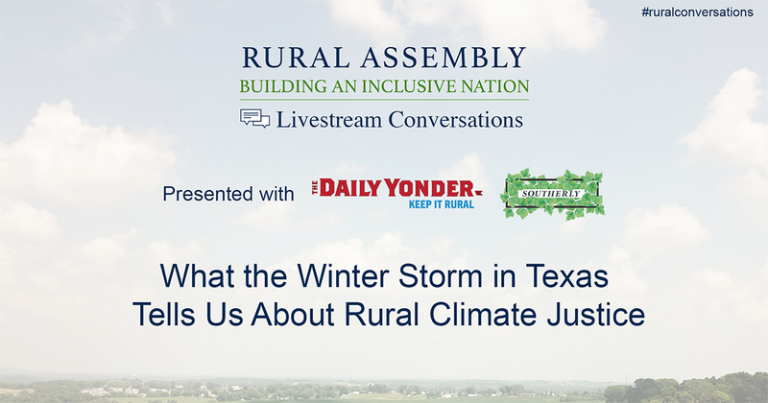- Amal Ahmed, journalist with Texas Observer and author of this piece on Texas climate change for Southerly. Ahmed will moderate the discussion.
- John Cooper, Assistant Vice President for Public Partnership & Outreach and the Director of Texas Target Communities at Texas A&M University
- Dr. Tim Callaghan, evaluation director for the Southwest Rural Health Research Center, Texas A&M University
- Lyndsey Gilpin, founder and editor of Southerly Magazine
- Mary Annette Pember, national correspondant for Indian Country Today
Rural Climate Justice Livestream: What the winter storm tells us about climate justice in rural communities
Date: March 30
Time: 3 p.m. – 4 p.m. ET
Presented by the Rural Assembly in partnership with Southerly and the Daily Yonder.
About our Panelists
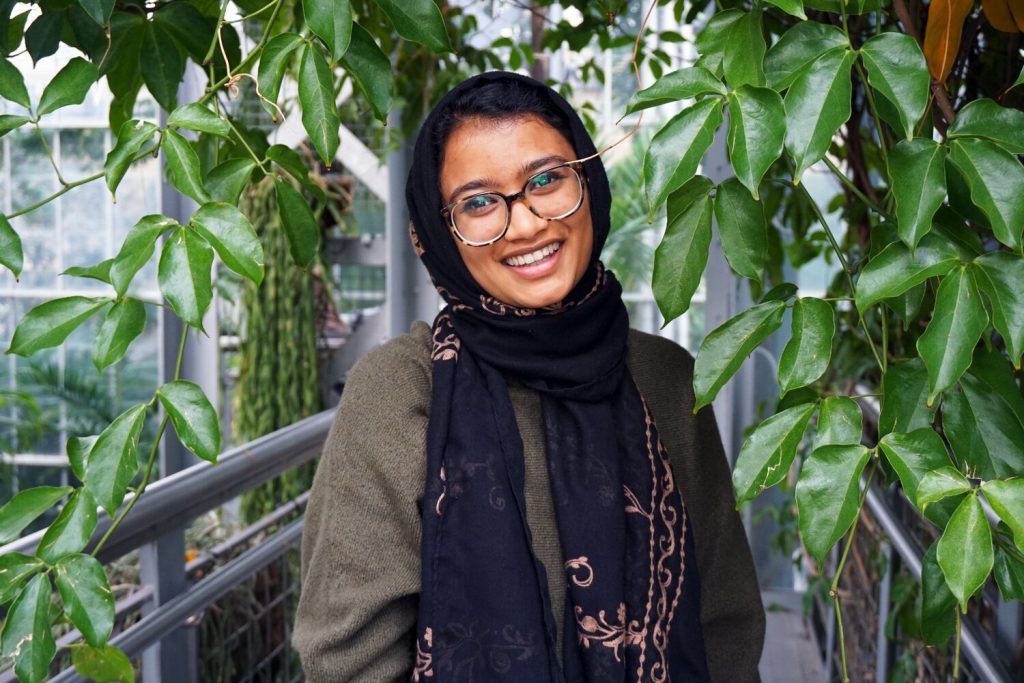
Amal Ahmed is a general assignment reporter at the Texas Observer. Originally from Dallas, she has a journalism degree from Northwestern University and previously worked at The Atlantic and Texas Monthly. She reports on climate and the environment, with a focus on justice and equity. Previously, Ahmed was a fact-checker at Texas Monthly. Her work has also been published in a variety of outlets, including Southerly, The Atlantic, CityLab, and Popular Science.
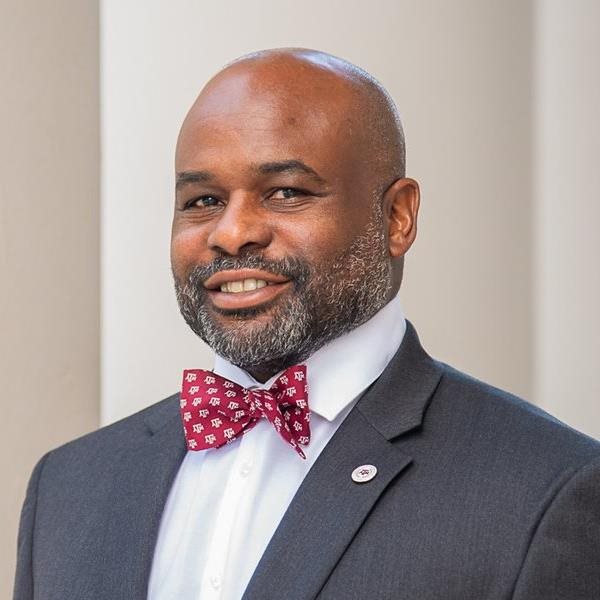
Dr. John Cooper has dual titles as the Assistant Vice President for Public Partnership & Outreach and the Director of Texas Target Communities. He earned a bachelor’s degree in Economics as well as his Master’s in Urban Planning from Texas A&M before completing a PhD in City and Regional Planning at University of North Carolina in Chapel Hill (UNC).
Dr. Cooper’s research and teaching focuses on participatory planning, particularly as it relates to preparing socially vulnerable populations to prepare for, survive and recover after disasters.
From 2005-2010, he was a Program Director at MDC Inc. in Durham, NC, where he directed the FEMA-funded Emergency Preparedness Demonstration Program (EPD). The EPD was a $2.5 million effort to increase disaster awareness and preparedness in marginalized communities in eight (8) states along the Atlantic and Gulf coasts.
Dr. Cooper serves on the advisory board for the UNC Coastal Resilience Center and on the board of directors for the U.S. Endowment for Forestry and Communities. Dr. Cooper is also a member of the advisory council for the Center for Disaster Philanthropy and was recently named to the National Academies Board on Gulf Education and Engagement.
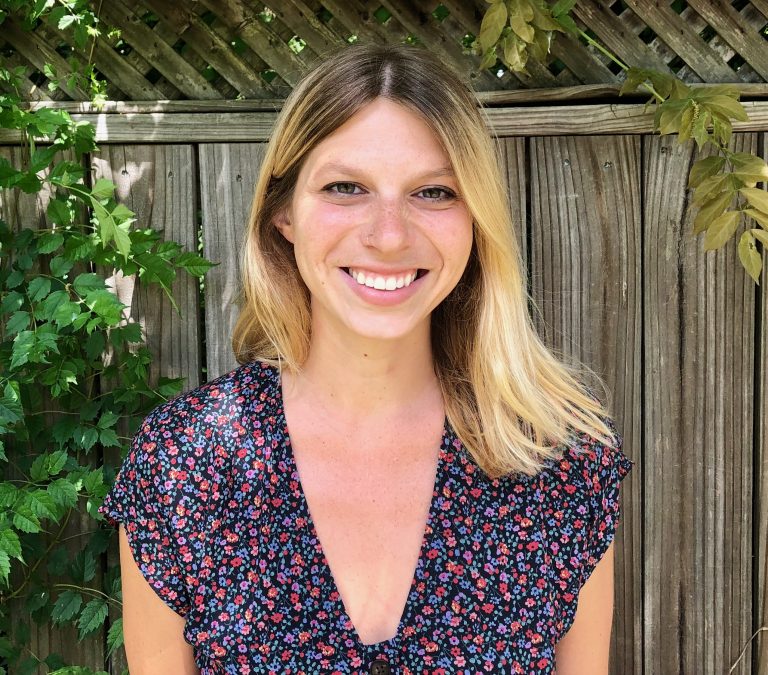
Lyndsey Gilpin is the founder and editor-in-chief of Southerly. Born and raised in Louisville, Kentucky and now based in Durham, N.C., she is a reporter and editor who has covered climate change, energy, environmental justice all over the U.S. Her work has appeared in Harper’s, Vice, The Daily Beast, CityLab, Undark, High Country News, The Washington Post, Hakai, The Atlantic, Grist, Outside, and InsideClimate News. She earned her master’s degree from Medill School of Journalism at Northwestern University.
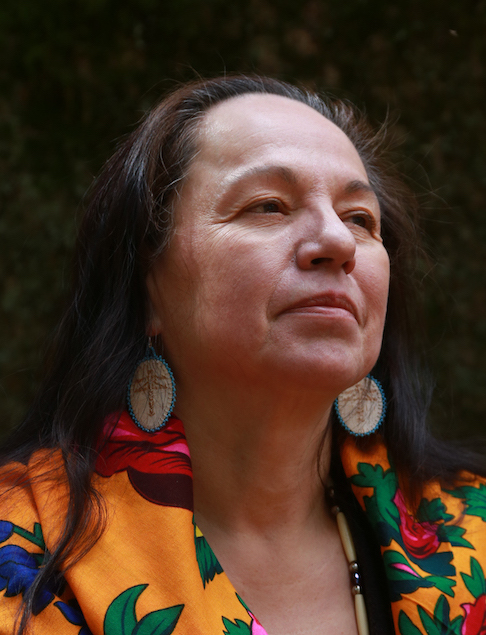
Mary Annette Pember is national correspondent for Indian Country Today. In her writing and photography she has covered subjects including the high rates of sexual assault among Native women, sex trafficking, health, missing and murdered Indigenous women, the impact of historical trauma and the Indian boarding school era on Native communities and environmental challenges on Native lands, federal policy issues as well as cultural and spiritual topics. Her work has appeared in Indian Country Today, ReWire News, The Columbia Journalism Review, Truthout, Yes Magazine, the Guardian, the Washington Post, Colorlines, the Atlantic, the Daily Yonder and others.
Past president and executive director of the Native American Journalists Association, she is the winner of several industry awards and fellowships from The Nation Institute, the Macdowel Northwestern University, the International Center for Journalism, The Associated Press, USC Annenberg, the Carter Center, The University of Maryland. and others.
She is an enrolled member of the Red Cliff Band of Wisconsin Ojibwe tribe and currently lives in Cincinnati, Ohio, with her family.
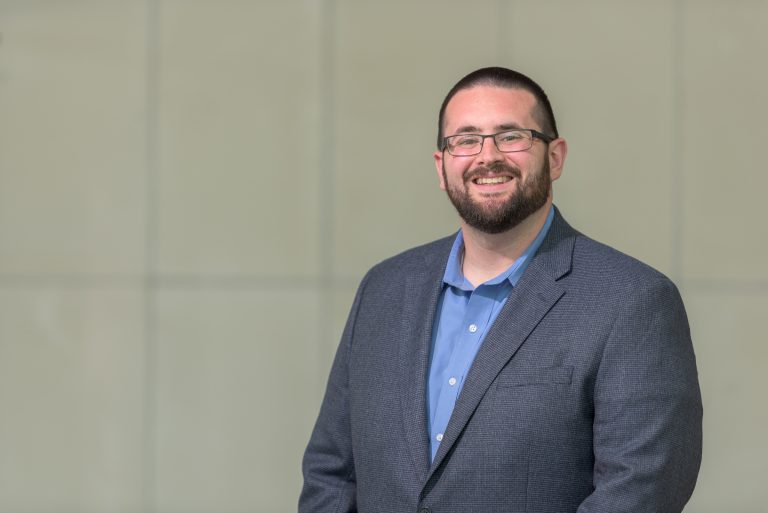
Timothy Callaghan is an Assistant Professor in the Department of Health Policy and Management at the Texas A&M University School of Public Health. In addition, Dr. Callaghan serves as Director of Evaluation for the Southwest Rural Health Research Center. His research focuses on how politics, policy, and place work together to influence health in America. He has conducted extensive research on state political decision-making under the Affordable Care Act, individual health attitudes and behaviors, and health care access and outcomes for rural Americans.


